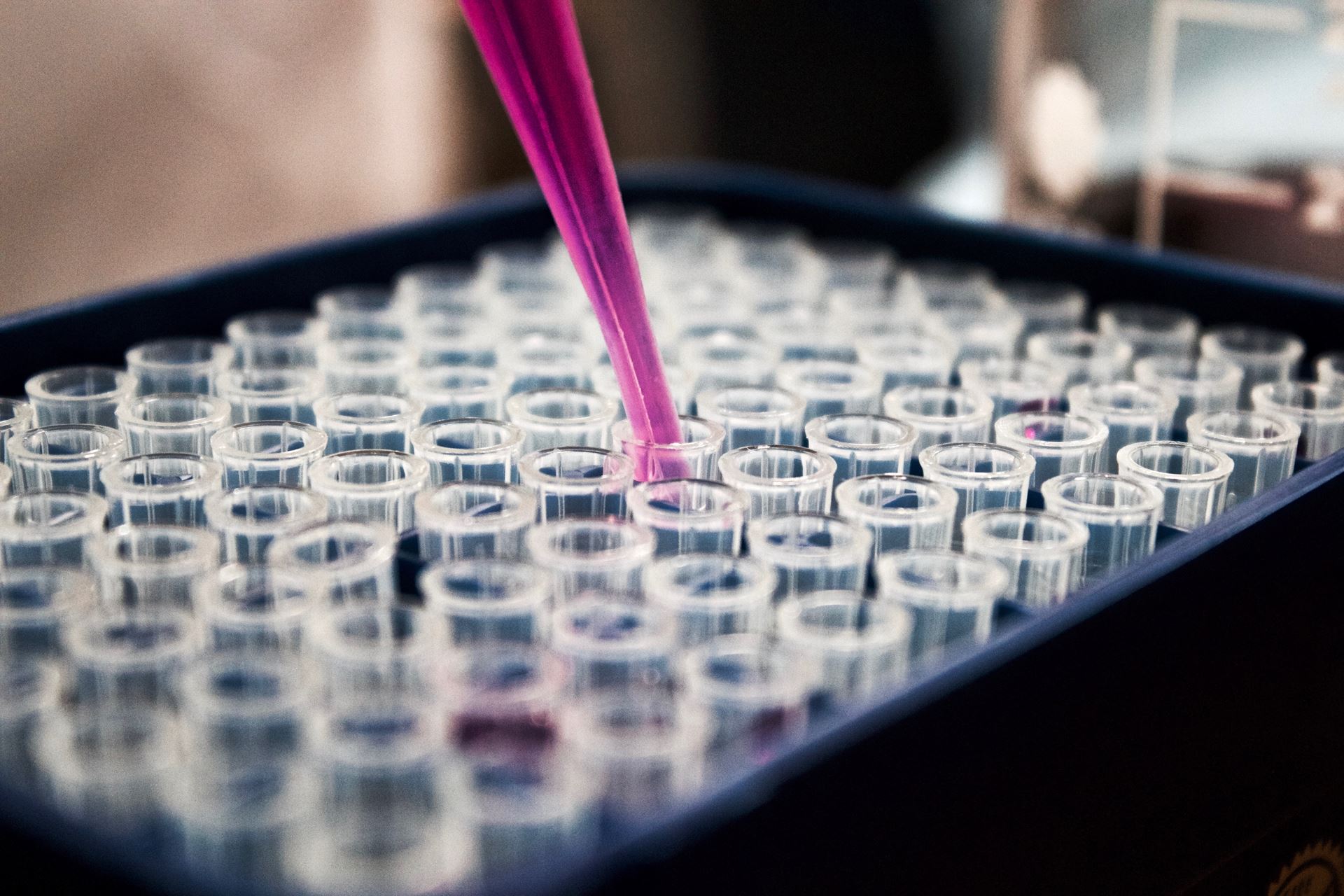Please call our enquiry line OPTION 5 between 10:00 and 15:00 to enquire about your test results as our reception staff will have more time to deal with your request between these times.
Note that the practice has a strict policy regarding confidentiality and data protection and we will only release test results to the person to whom they relate unless that person has given prior permission for the release of this data or they are not capable of understanding the results.
When you take your test you will be told how long it will be before the results are returned to the practice, this is usually one week.
Please understand that our reception staff are not medically qualified and so cannot answer any questions about your results. Our receptionists can only pass on to you the message recorded on your results report by the doctor. If the doctor needs to see or speak to you urgently regarding any test results, you will be contacted by the surgery. In all other cases, it is the patient's responsibility to contact the surgery to obtain laboratory test results. You may be advised to make an appointment with your GP to discuss the results.
Hospital Tests
If you have had tests carried out in hospital you should contact the hospital clinic direct to discuss the results.
Lab Test Online
Labtest Online is a website which provides further information regarding any lab tests you may have:
